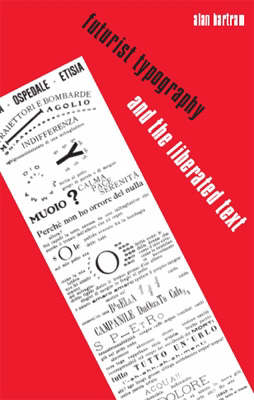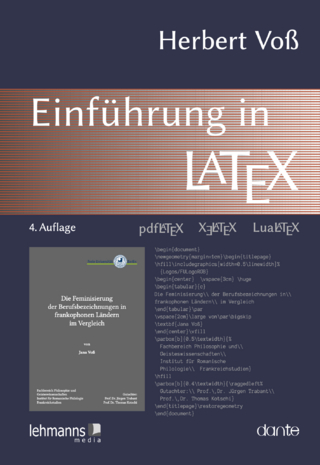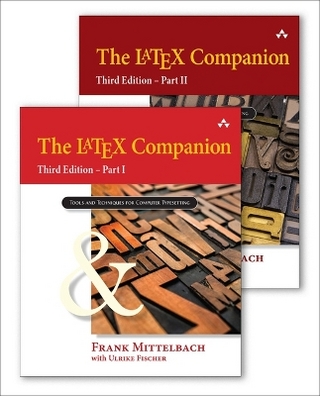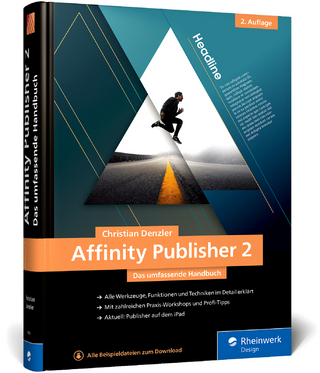
Futurist Typography
And the Liberated Text
Seiten
2005
The British Library Publishing Division (Verlag)
978-0-7123-4886-7 (ISBN)
The British Library Publishing Division (Verlag)
978-0-7123-4886-7 (ISBN)
- Keine Verlagsinformationen verfügbar
- Artikel merken
Traces the development of Futuristic typography, and describes examples of around eighty Futurist books or other designs for print, including translations, so that an understanding of this language, and of Futurist typography, emerges.
The first quarter of the twentieth century was clamorous with the cries of rebellious groups. Numerous manifestoes called for new forms, a new language, a new society. None was wider in its scope, or more poetic, than Marinetti's Futurist Manifesto of 1909. Painting, literature, architecture, theatre, cinema, music; all were caught up in its net. What is refreshing is that typography, up till then the forgotten relation, played a serious part in that programme, too. While very innovative, the work of the Futurist poets retained meaning, whereas the Dadaists deliberately employed illogic in an attempt to awaken the mind to evocative ideas. The very different methods of the Russian Futurists - irregular handwritten lettering and vigorous drawings - produced a different kind of excitement. But all three movements, the creation of poets and artists crossing boundaries, were concerned with intensifying literary expression by visually expressive presentation.
This new book, by a leading writer on graphic design and typography, traces the development of Futuristic typography, and describes examples of around eighty Futurist books or other designs for print, including translations, so that a new understanding of this extraordinary language, and of Futurist typography, emerges.
The first quarter of the twentieth century was clamorous with the cries of rebellious groups. Numerous manifestoes called for new forms, a new language, a new society. None was wider in its scope, or more poetic, than Marinetti's Futurist Manifesto of 1909. Painting, literature, architecture, theatre, cinema, music; all were caught up in its net. What is refreshing is that typography, up till then the forgotten relation, played a serious part in that programme, too. While very innovative, the work of the Futurist poets retained meaning, whereas the Dadaists deliberately employed illogic in an attempt to awaken the mind to evocative ideas. The very different methods of the Russian Futurists - irregular handwritten lettering and vigorous drawings - produced a different kind of excitement. But all three movements, the creation of poets and artists crossing boundaries, were concerned with intensifying literary expression by visually expressive presentation.
This new book, by a leading writer on graphic design and typography, traces the development of Futuristic typography, and describes examples of around eighty Futurist books or other designs for print, including translations, so that a new understanding of this extraordinary language, and of Futurist typography, emerges.
Alan Bartram is the author of many books on design including Typefaces for Books (with James Sutton, 1990), Five Hundred Years of Book Design (2001) and Bauhaus, Modernism and the Illustrated Book (2004) all published by The British Library.
| Erscheint lt. Verlag | 1.11.2005 |
|---|---|
| Zusatzinfo | 136 illustrations (36 colour) |
| Verlagsort | London |
| Sprache | englisch |
| Maße | 181 x 279 mm |
| Themenwelt | Kunst / Musik / Theater ► Design / Innenarchitektur / Mode |
| Informatik ► Grafik / Design ► Desktop Publishing / Typographie | |
| ISBN-10 | 0-7123-4886-7 / 0712348867 |
| ISBN-13 | 978-0-7123-4886-7 / 9780712348867 |
| Zustand | Neuware |
| Haben Sie eine Frage zum Produkt? |
Mehr entdecken
aus dem Bereich
aus dem Bereich


